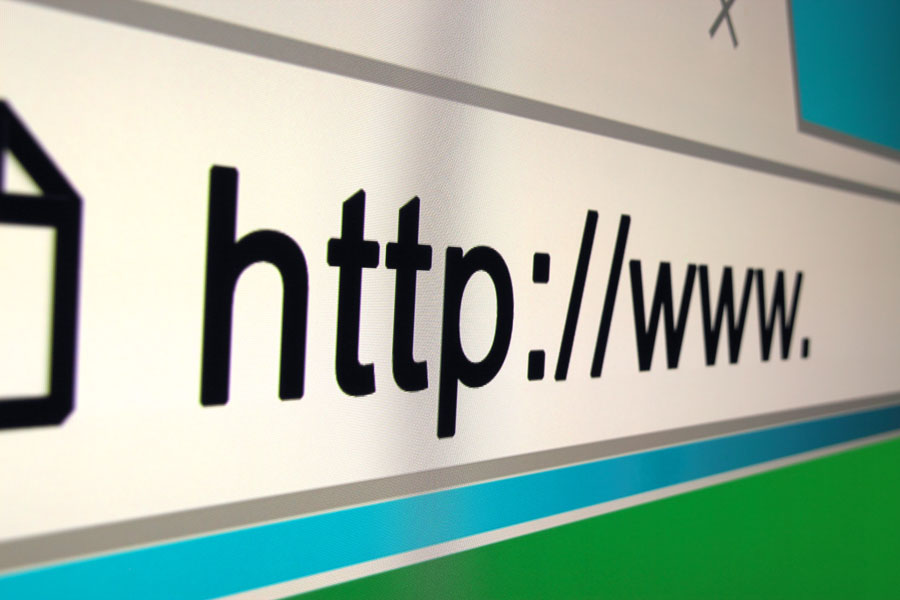Danish Institute for Human Rights, ARTICLE 19, Release Findings from Public Internet Registry’s First Human Rights Assessment

LONDON – The Danish Institute for Human Rights (DIHR) and ARTICLE 19, a British human rights organization with a specific mandate and focus on the defence and promotion of freedom of expression and freedom of information worldwide, and, recently completed a human rights assessment of Public Internet Registry (PIR), which operates .ORG and other top-level domain names. This assessment was carried out during the attempted sale of PIR to private equity firm Ethos Capital earlier this year.
The gap analysis found mixed results. Despite PIR already setting clear statements around ethics and morals, and clear commitments to privacy and due process; it does not have a human rights policy or an explicit commitment to international human rights in its existing policies. These are important steps toward proactive human rights due diligence as is best practice. The findings can be found here.
We analysed and reviewed PIR’s policies, operations, and safeguards to assess what was incomplete, missing, or could be improved based on its responsibilities under the international human rights framework. We also looked at the company’s relationship to the environment and local communities.
In light of recent scrutiny on tech companies like Facebook, there are growing concerns over company procedures in handling user data. While the function of registries is often seen as strictly technical, their activities do have a potential human rights impact.
Rights holders and law enforcement are increasingly approaching internet registries to assist in the enforcement of intellectual property rights and address illegal activities. Registries regularly receive requests from governments to redirect websites with unlawful content to the websites of law enforcement agencies. Doing so may impact the right to freedom of expression and access to information.
ARTICLE 19 is an international organisation working to promote and protect freedom of expression and access to information. As Senior Programme Officer, I work at the nexus Domain Name System (DNS) and human rights by ensuring ICANN and its contracted parties implements rights respecting policies. Do let me know if you’d like further information. I can be contacted on Signal/WhatsApp at +254-777-689-369.



Comments are closed.